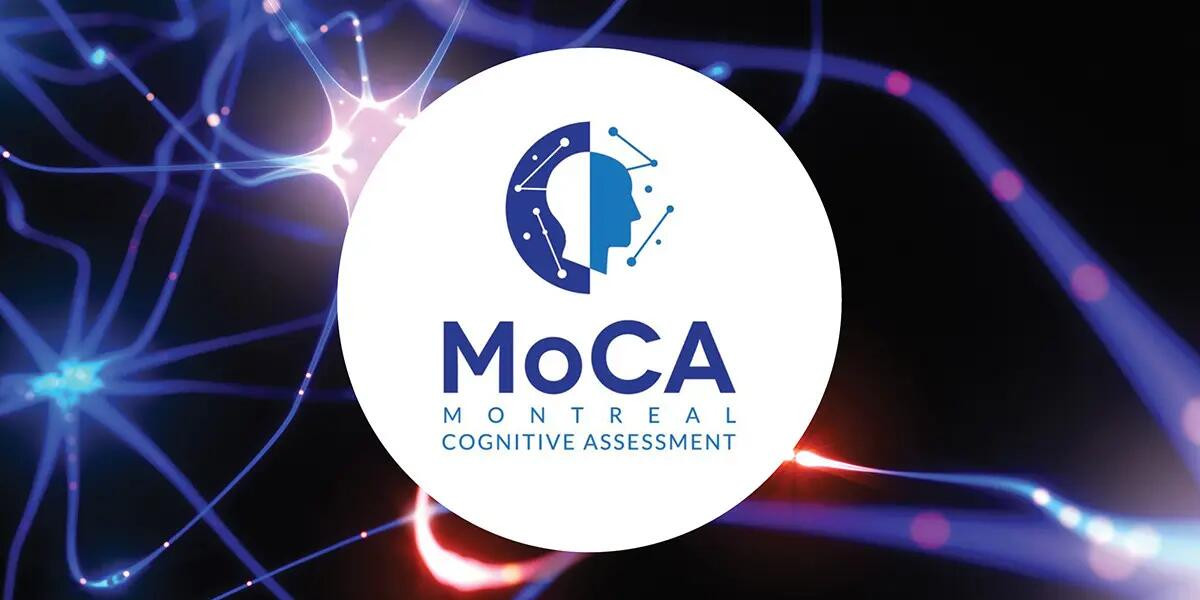Tools for Cognitive Screening & Assessment in Nursing Home Residents (Part 2)

The BIMS is used for cognitive screening in nursing homes and is a component of the MDS. Yet it provides only a very limited picture of cognitive functioning. This is why other tools for assessment of cognitive functioning are valuable.
MMSE
The Folstein Mini-Mental Status Exam (MMSE) is “the most commonly used cognitive screening tool worldwide and remains the most thoroughly studied instrument to date,” according to Roqué-Figuls et al. It is a “brief, clinical, quantitative measure of cognitive status in adults” that can be completed in about 10 minutes, explain Monroe and Carter. It can help identify and estimate the severity of cognitive impairment and serve as a marker for comparisons over time.
Available in multiple languages, the MMSE is a 30‐question assessment that tests orientation to time and place, repetition, verbal recall, attention and calculation, language and visual construction. “The first part requires vocal responses only and covers orientation, memory, and attention; the maximum score is 21. The second part tests ability to name, follow verbal and written commands, write a sentence spontaneously, and copy a complex polygon; the maximum score is 9,” according to Folstein.
The Maximum total score is 30. Typical interpretation of the score is:
- 24-30: no cognitive impairment
- 18-23: mild cognitive impairment
- 0-17: severe cognitive impairment
Limitations of the MMSE
Because it relies on reading and writing skills, the MMSE can produce false positives for cognitive impairment among patients with limited literacy. Also, sensory issues can distort results. “The subject must possess the abilities to hear, talk, and see; these abilities are required to complete the exam,” note Monroe and Carter.
Lower levels of education can reduce test scores, so someone with limited education may score a “false positive” for cognitive impairment, according to Ridha and Rossor, while a higher education level may mask symptoms of impairment. Other socioeconomic factors can affect scores as well. The practitioner can identify and document any characteristics that may affect performance, such as education, culture, ethnicity, hearing impairment, or visual impairment, suggest Ridha and Rossor.
The need for neuropsychiatric evaluation
A clinician cannot make a diagnosis based on MMSE results. “The MMSE was not developed to diagnose dementia and should not be reported as doing such. The MMSE does not differentiate among the various causes of dementia such as Alzheimer’s disease or vascular dementia. Accurate differential diagnosis of dementia requires additional neuropsychiatric testing,” explain Monroe and Carter.
MoCA
Montreal Cognitive Assessment (MoCA) is a “quick assessment measure for mild cognitive dysfunction, which assesses cognitive domains of executive functioning, visuoconstructional skills, language, attention and concentration, conceptual thinking, calculations, orientation, and memory,” as explained in an earlier blog on assessing cognitive function. The test “involves memorizing a short list of words, naming objects shown in pictures, copying shapes and performing other tasks” and takes about 15 minutes, says the Cleveland Clinic. A score of 26 or higher (total possible 30) is considered normal.
The MoCA is more sensitive than the MMSE and has proven effective in detecting cognitive impairment in a wide range of neuropathologies, including Alzheimer’s disease, cerebrovascular disease, Parkinson’s disease, Huntington’s disease, brain tumors, and others, conclude Julayanont and colleagues. “MoCA’s memory testing involves more words, fewer learning trials, and a longer delay before recall than the MMSE. Executive functions, higher-level language abilities, and complex visuospatial processing … are assessed by the MoCA with more numerous and demanding tasks than the MMSE,” they explain. It does have an education bias, they note.
Like the MMSE, the MoCA is available in many languages. Other versions of the MoCA are MoCA-blind (for individuals with vision impairment), MoCA-short (an abbreviated version of the MOCA-Full), and MOCA-mini (an abbreviated version that omits executive function and drawing items).
In follow-up to a BIMS, both the MMSE and the MoCA assist with deeper screening. The MMSE is simpler and better suited for more impaired individuals who can’t withstand the length or complexity of the MoCA.
Assessment for dementia care
These tools and many others are used to assess cognitive functioning. Yet there are more pieces to the clinical puzzle. Having a licensed clinical psychologist on your dementia care team is important for evaluating a full range of psychological factors and behaviors. In the nursing home setting, a comprehensive assessment addresses neurologic, psychiatric, and psychological findings to develop an accurate diagnosis. This positions the patient for an effective, person-centered plan of care. It is also the first step in reducing antipsychotic use in nursing homes.
